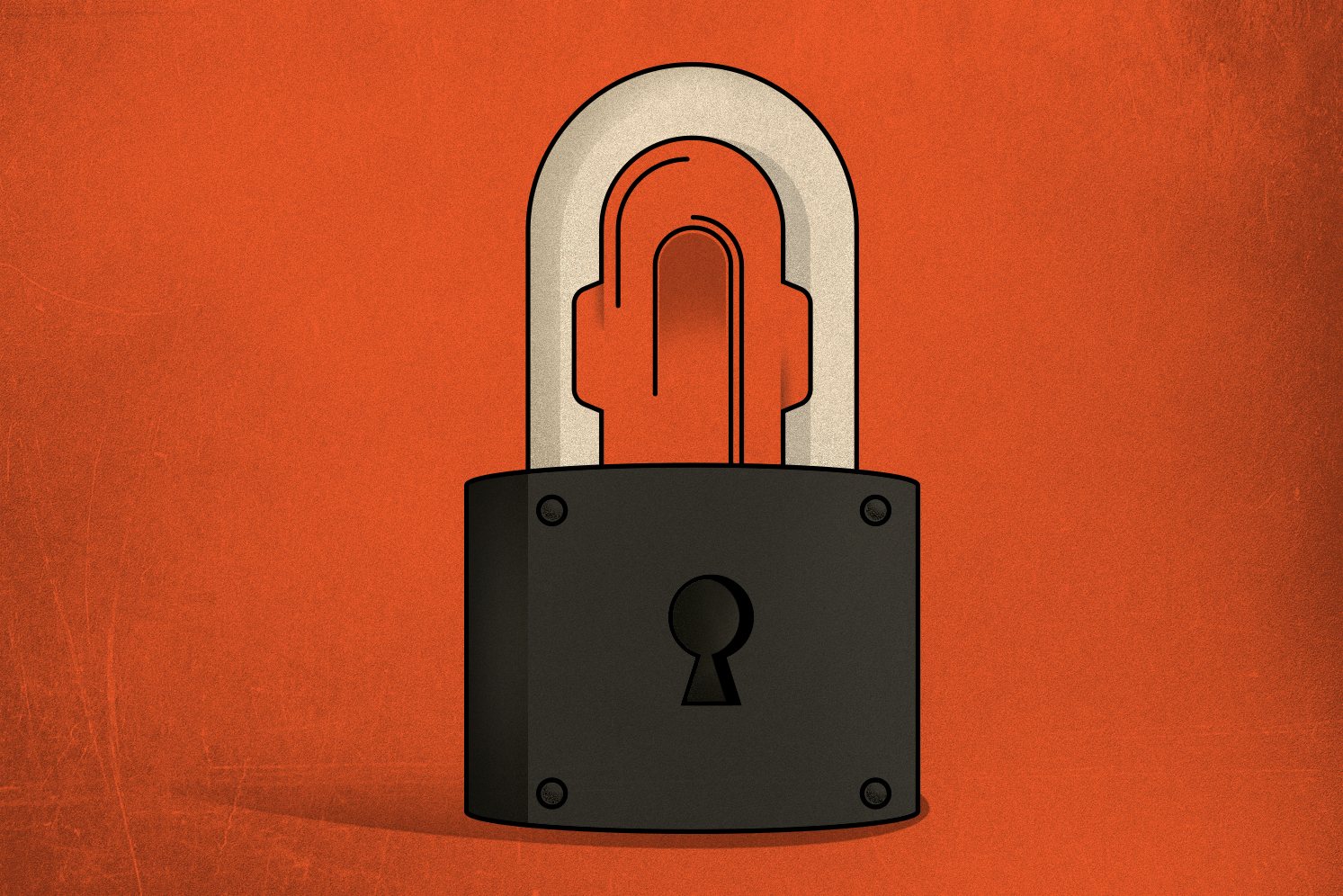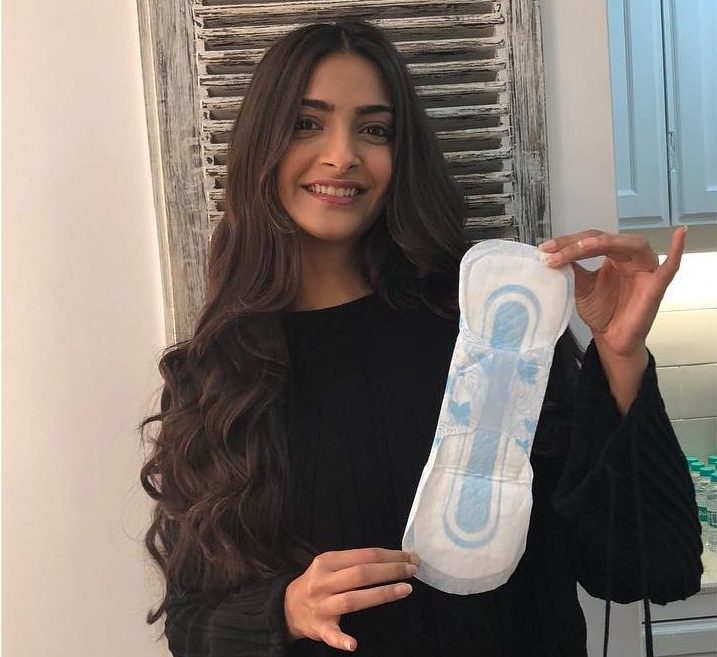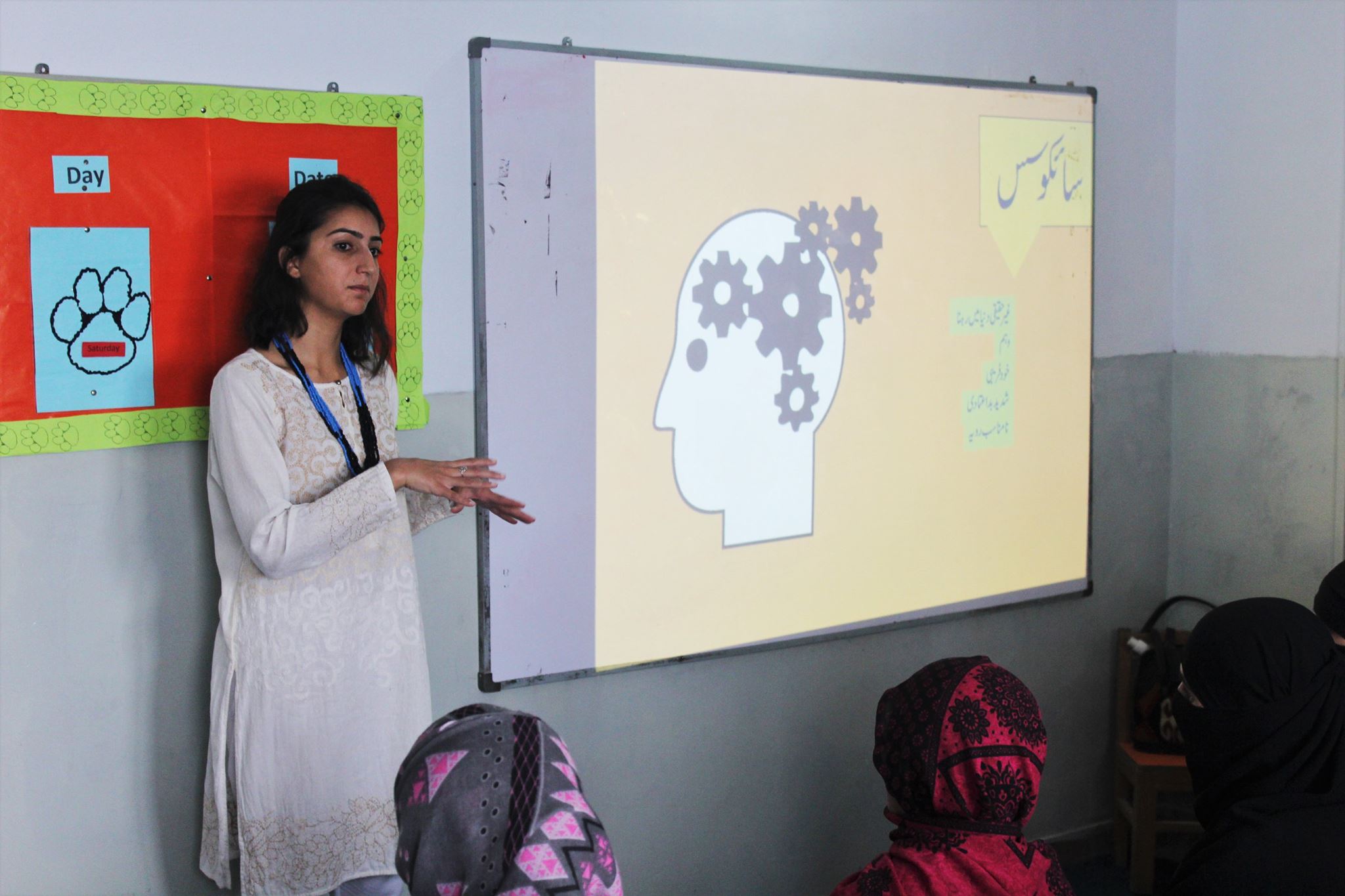KARACHI: During Ramadan every year, there is one particular week that girls dread. That is when they get their period. It is bad enough that we have to suffer from the physical and emotional pains that come with getting our period, but we have to do all of this whilst pretending to be fasting. We have to drag ourselves out of beds at sehri and force ourselves to eat even when that is the last thing we want to do. All day, we wait for the opportunity to sneak in a bite because God forbid the men in our house find out we are not fasting. All of this has to be done simply because we refuse to have the period talk with our boys.

For some odd reason, our society has decided to make periods something that is inherently dirty and should not be talked about. It is bad enough that a large number of girls do not find out what periods are until they get them (making them think they are dying). To add to the mess, boys eventually find out that girls get their periods and have a morbid curiosity about it. So much so, I remember when I was growing up in a co-ed school, boys would stay back during recess to check girl’s bags to try and find pads. All because they felt that periods were some juicy secret that girls were hiding from them. And as they grow older, they ask the most insane questions like “Rozay rakho gi? Saaray?! (Will you fast on all days?”) as though that is the most intellectual or humorous thing one can say.
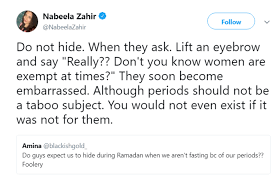
But perhaps the biggest conundrum for desi mothers is how do they talk to their sons about periods?
Don’t be embarrassed!
For a lot of mothers, they feel like talking to their sons about periods is embarrassing. If their son ever broaches the topic with them they turn bright red, stutter and shut the topic down completely. That is the last thing you need to do! If you treat the conversation as one that should not be had, they will turn to other sources of information that will lead to them becoming misinformed. Sit them down and talk to them like adults.

Normalize periods
Why are periods not an embarrassing thing, you ask? You see, periods are just an ordinary bodily function. Just like we poop or pee, women bleed. It is not because we want to or because of something we did or want to do. It just boils down to biology. The only difference between periods and the other two bodily functions is that the former is only limited to the female sex and involves blood. And in order to absorb the blood, women wear pads and tampons.
View this post on Instagram
Teach them the biology
Talking about periods as a bodily function is the most basic explanation of what periods are. It would also be wise for mothers to explain the exact biology of periods to their sons. The way to do so is by explaining that females have ovaries which have eggs and a uterus where babies grow. Every month, the ovary releases an egg which can have two outcomes. If it is fertilized it will lodge itself into the uterus and eventually a baby will be born. However, if it is not fertilized, the lining of the uterus comes out of the vagina once every month in the form of a period. This is called the menstrual cycle, better known as periods.

Teach your sons to be empathic and respectful
Why is it important to talk to our sons about periods in the first place? Because periods are not something to be taken lightly. Women suffer a great deal when the time of the month comes around. Cramps can interfere with a woman’s day to day activities. It causes mood swings that women have no control over. The hormonal changes that take place in just one week are unbelievable. It is a time when we need compassion and men need to understand that. But how can they when they are clueless?
Let us know how you experience mood swings! #period #periodpain #periodsymptoms #PMS #pms #periodcramps #moodswings #emotional #periodmoodswings #pmsing #periodmemes #meme pic.twitter.com/W7E2EH8TqX
— Hey Period. (@heyperiod) April 21, 2021
Also make sure to tell your sons to be respectful of women and their privacy. Girls often do not want to talk about their periods and so they should not question them. Why aren’t you fasting? Why haven’t I seen you pray all day? What are you sneaking out of your closet? What was in your uniform pocket when you were going to the bathroom? These are all questions boys should not be asking girls because it makes them feel uncomfortable.
Keep the dialogue open!
Make sure that the conversation about periods remains open to your boys. Make them feel comfortable enough to come to you with any questions they might have in the future. They should feel confidence enough to come to you when curious instead of looking for answers elsewhere.
And so, this month, take the time out to sit and talk to your boys about periods. It is time we break the unnecessary taboo surrounding our bodies.

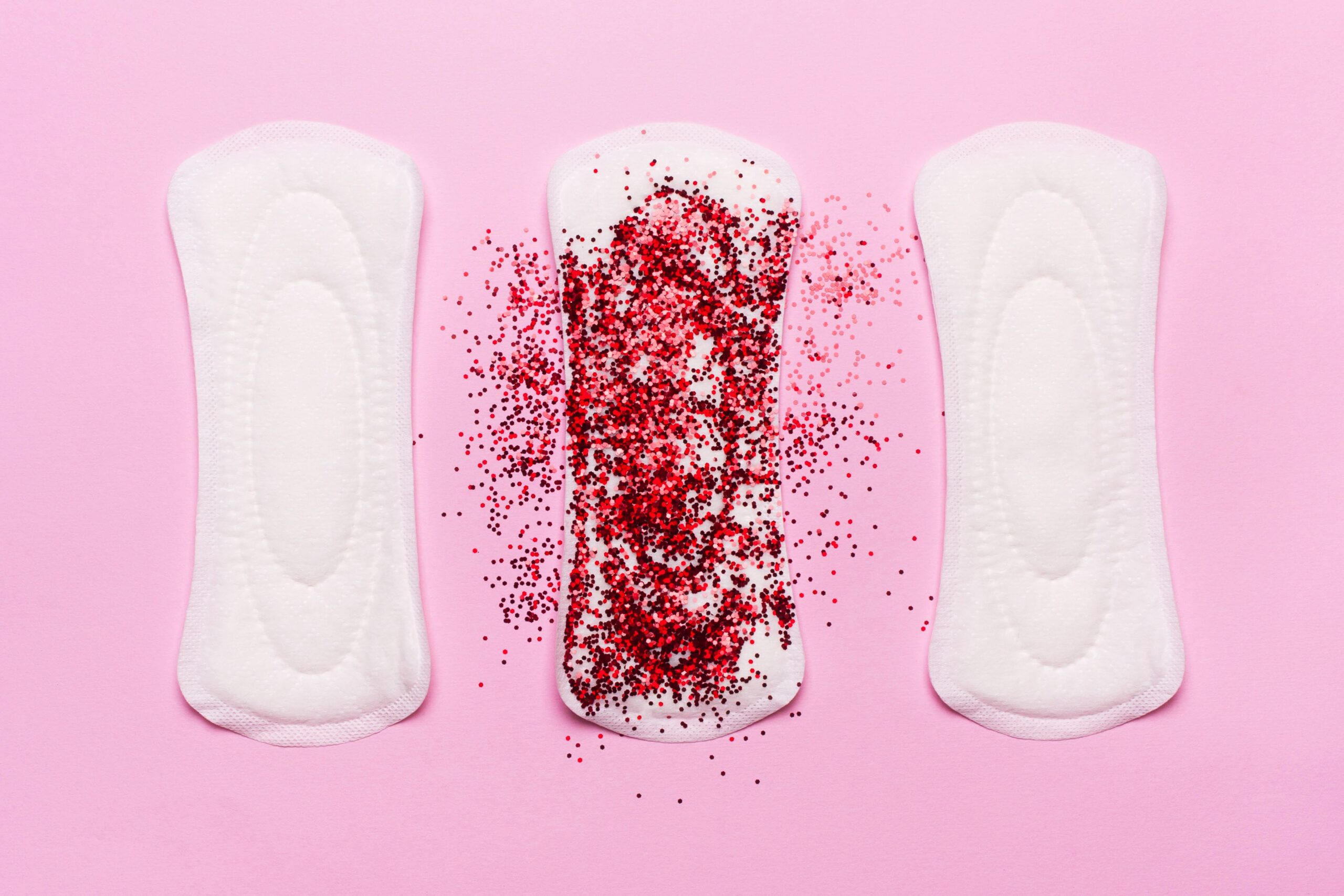 Source: https://www.womenshealthmag.com/
Source: https://www.womenshealthmag.com/
